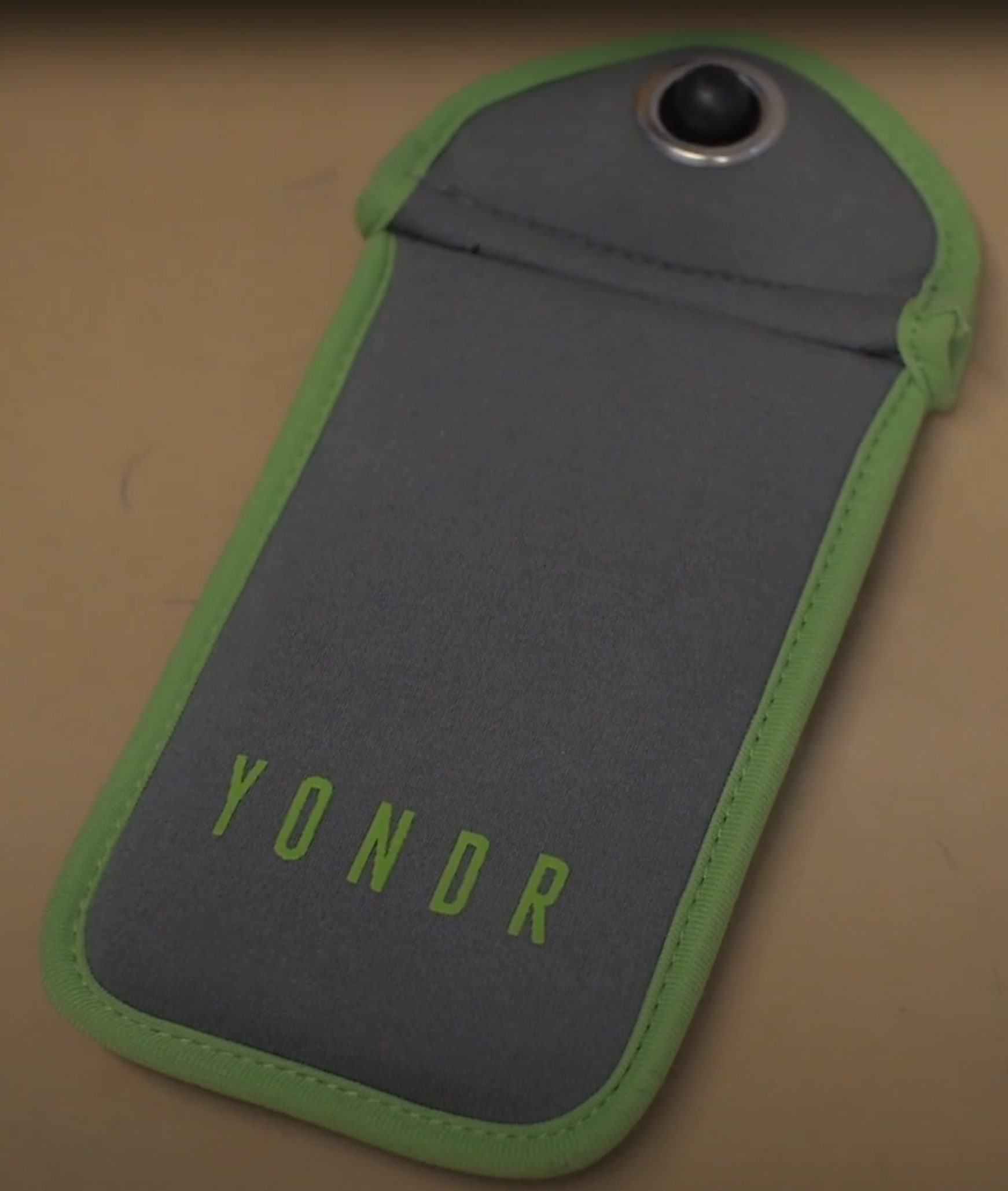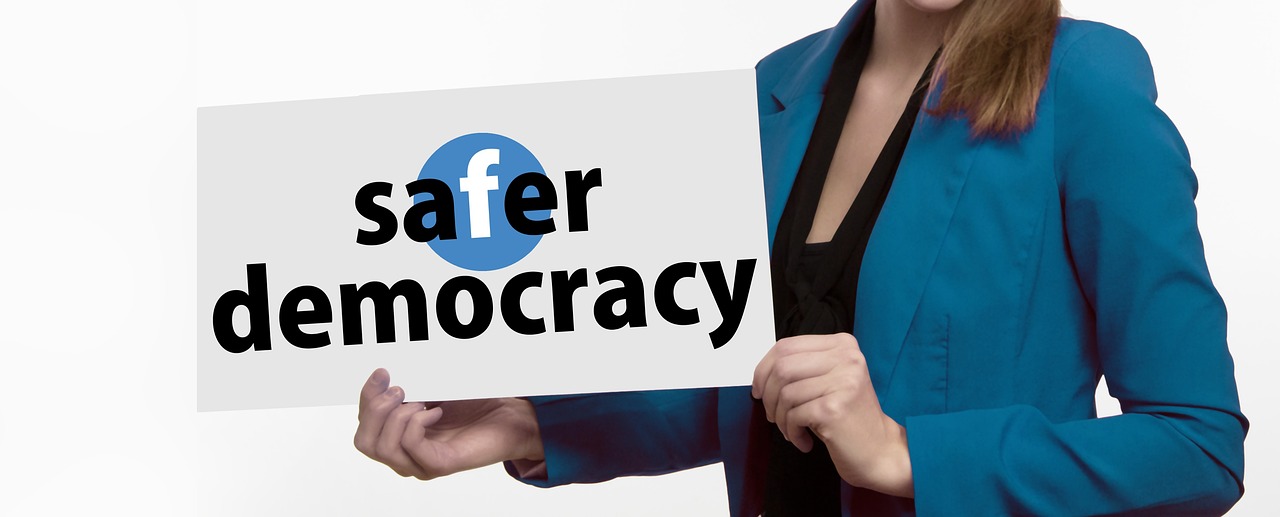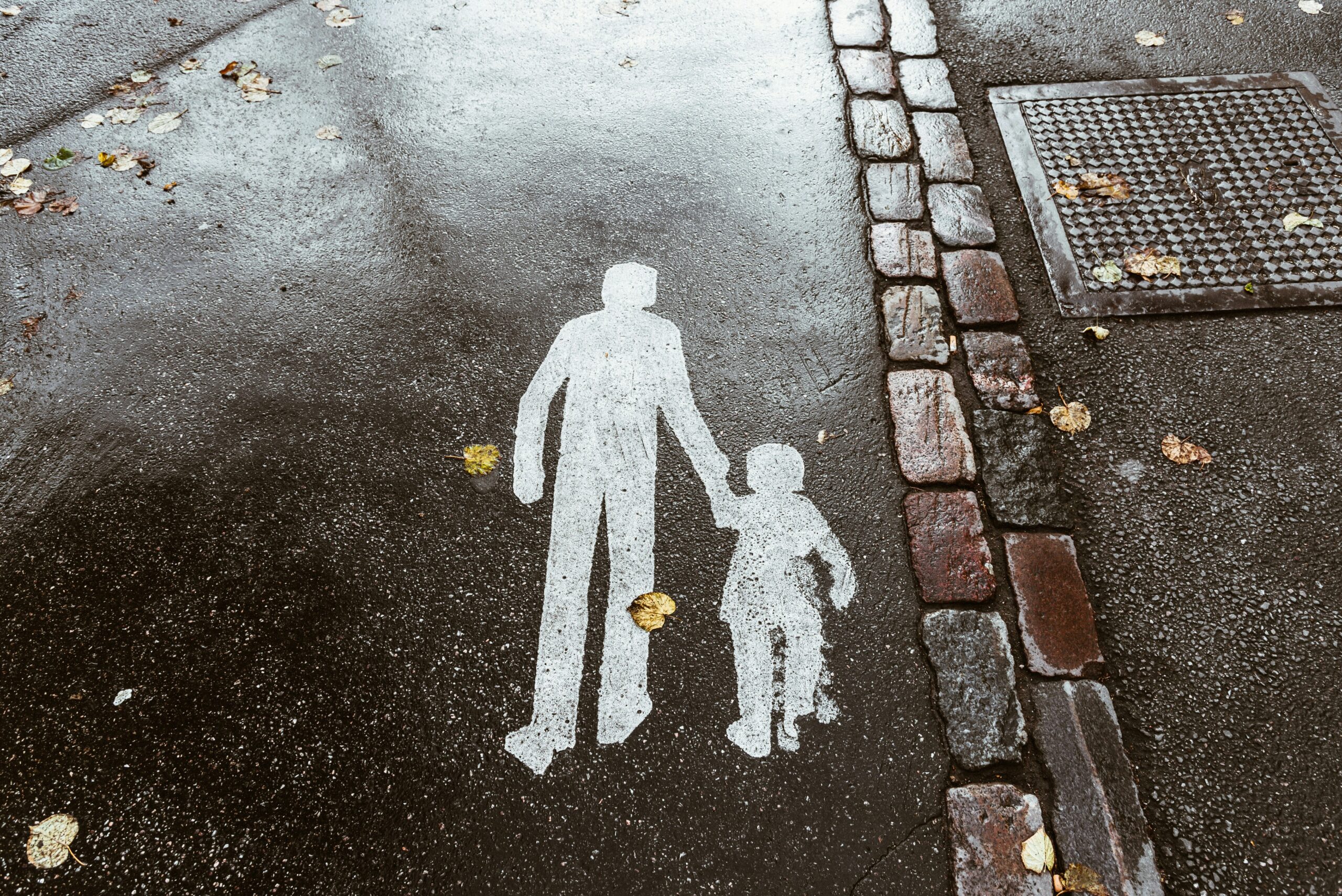 Recent research indicates that school shutdowns during the COVID-19 pandemic had a significant impact on kids. During the two years that students were sequestered in their homes and trying to learn online, test scores for math and reading went down. Additionally, Pew Research has reported that kids experienced increased mental health issues associated with anxiety, depression, and grief because of the pandemic. As kids have returned to school and society pushes for normalcy, let’s take a few minutes to consider the role of education from a sociological perspective.
Recent research indicates that school shutdowns during the COVID-19 pandemic had a significant impact on kids. During the two years that students were sequestered in their homes and trying to learn online, test scores for math and reading went down. Additionally, Pew Research has reported that kids experienced increased mental health issues associated with anxiety, depression, and grief because of the pandemic. As kids have returned to school and society pushes for normalcy, let’s take a few minutes to consider the role of education from a sociological perspective.
It is important to understand that education and schooling are not the same thing. Education is the transmission of knowledge, skills, values, and beliefs from one group to another. On the other hand, schooling is the formal educational process that takes place in institutions such as schools and centers of learning. Learning how to sew from your grandmother is education. Learning how to sew by taking a structured sixteen-week class from a fashion design instructor at a college or university is schooling. Arguably, the issues students experienced while working at home during the pandemic had to do with both education and schooling. Not only were they trying to learn the fundamentals of reading, writing, and arithmetic in a manner significantly different from what they were used to, but they were also doing so without the traditional structure and support often associated with the educational system.
 In terms of schooling, experts contend that literacy, the ability to use the skills of reading and writing to shape one’s world, was tremendously disrupted by the pandemic. UNICEF has said that the extent of educational setbacks globally is “nearly insurmountable.” Only time will tell how this plays out in the future. Without the same level of literacy as previous generations, one possible scenario is that social reproduction, the process of children remaining in the same social class through intergenerational transmission of various types of capital, and social mobility, an individual’s or group’s movement up or down the system of stratification in a society, could be impacted.
In terms of schooling, experts contend that literacy, the ability to use the skills of reading and writing to shape one’s world, was tremendously disrupted by the pandemic. UNICEF has said that the extent of educational setbacks globally is “nearly insurmountable.” Only time will tell how this plays out in the future. Without the same level of literacy as previous generations, one possible scenario is that social reproduction, the process of children remaining in the same social class through intergenerational transmission of various types of capital, and social mobility, an individual’s or group’s movement up or down the system of stratification in a society, could be impacted.

The pandemic lockdown made it difficult for kids to socialize with their classmates and affected peer groups, social groups consisting of members with common interests, social rank, and similar ages. Unfortunately, it also affected the student experience of the hidden curriculum, the unintentional education of students in the ideals and ways of being in the society. This includes the unintended lessons associated with the formal classroom experience. For example, learning to respect authority, follow rules, take turns, and be punctual. While traditionally, the notion of tracking in schools referred to the practice of schools grouping students based on academic achievement, the disjointed nature of schooling during the pandemic resulted in school districts literally losing track of over a million students across the country.
Distance learning, schooling that occurs online at a time and place convenient to the student, is often associated with college-level education . . . for a reason. While many college students experienced challenges with online learning, broadly speaking, they (and their professors) developed the knowledge and skills necessary to navigate the virtual reality of COVID-19. Kids, on the other hand, had to rely on their frazzled parents or caregivers to operate the computer, stay on task, do homework, and manage the stress associated with such massive social upheaval.
Studies indicate that the personal toll of the past two years has been tremendous. Going forward, time and sociology will help us better understand the long-term implications to society.
Thompson is a co-owner of UITAC Publishing. UITAC’s mission is to provide high-quality, affordable, and socially responsible online course materials.
Images used in this blog:
- “Clever black boy taking notes and listening teacher online” by Katerina Holmes is licensed on Pexels. This image has not been altered.
- “Students Doing School Work” by Pavel Danilyuk is licensed on Pexels. This image has not been altered.
- “Person Writing on Notebook” by Julia M Cameron is licensed on Pexels. This image has not been altered.



